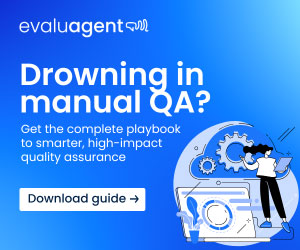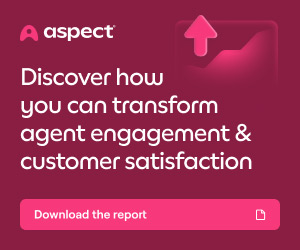I wonder how many people feel frustrated with trying to make things happen as intended. I’m not talking about small, buzzy fintechs who sense gold around the next rainbow. Just your average 500m+ organisation stuffed with talent. But equally stuffed by their own debilitating way of doing things.
I know this to be the case. As do you. The typical banter during Friday night wine bar sessions is full of office gossip. Some is just tasty personal snippets traded for yet more gossip. But much of it is letting off steam at how hard, how crazy, how dumb it all is.
I grant you that some folk are aiming for better. A recent global survey tried to convince that command and control was now a thing of past for the majority of those surveyed. Agile, self governing teams had taken over. Hmm. I’m sure things are not as stuffy as thirty years back, but I’m not seeing wholesale surrender of old habits either.
Finance still works the other functions during each planning cycle as separate ‘interrogations’ in order to make the numbers stack in the overall plan. Ever heard of a joint sales-marketing-service budget with aligned aims and common metrics emerge from this approach? If so, then please step forward if that’s you, since there are awards to be scooped up while the rest of us catch up.
New Wine In Old Skins
Frederick Taylor, whose practical philosophy of organising labour into clearly focussed functional groups overseen by the newly invented role of ‘manager’, laid down such a successful way of working that it is still operating way beyond its sell by date. To my mind that should have occurred on the date the internet was born. Since then ever deeper levels of interconnectivity have correspondingly generated Uber/Airbnb levels of unpredictability. Disruption is the new ‘mot du jour’.
As a result we need another way of organising talent, aligning energies and moving into top gear.
But that’s a massive ask once you start to think about it. If you had the power to take your organisation out of circulation for a complete refit, then maybe you could find a way to move beyond silos. But you don’t have that luxury because corporate targets still need hitting each year so everyone can feed the family and carry on.
So we repeat cycles of behaviour we can trust have got us there in the past. However, the price is that we know it’s much, much harder than it needs to be. And on reflection we know it’s becoming less effective each year as the world moves further into behaving as a digital economy. We can already see ourselves being left behind.
This is why those £250m+ organisations are finding it tougher each year to attract and retain top talent. It’s now a two speed economy. And the more agile are attracting the talent.
But with reinvention, those in the slow lane can speed up and be reborn as viable players. To do that there are three types of behaviour that make winners in a digital economy.
Dramatising the ‘outside-in’ agenda, so it becomes experienced reality for everyone and the reference for every organisational context
Have end to end customer journey teams living within a single story that aligns, inspires and focuses them on breakthrough performance
Being in a state of ‘perpetual beta’ through iterative innovation, guided by real time feedback, then followed through with rapid scaling across enterprise tribal boundaries
Making those behaviours a daily reality needs a much more powerful catalyst than holacracy and self managed teams.
Customer Hubs deliver a new model that nurtures those behaviours. They are a stripped down version of the £250+m organisation’s future self. This facilitates rapid alignment and orchestrated teamwork with everyone orientated to breakthrough results and a start up mindset.
Put another way, the kind of customer hubs we are designing at Beyond Silos create the conditions for sustainable high performance and innovation by unleashing the latent organisational genius that currently stagnates in Taylor designed organisations.
Won’t it be great when things work like this? Friday nights will be a different conversation.
Author: Guest Author
Published On: 25th Apr 2016 - Last modified: 6th Feb 2019
Read more about - Archived Content
Dramatising the ‘outside-in’ agenda, so it becomes experienced reality for everyone and the reference for every organisational context
Have end to end customer journey teams living within a single story that aligns, inspires and focuses them on breakthrough performance
Being in a state of ‘perpetual beta’ through iterative innovation, guided by real time feedback, then followed through with rapid scaling across enterprise tribal boundaries
Published On: 25th Apr 2016 - Last modified: 6th Feb 2019
Read more about - Archived Content




























